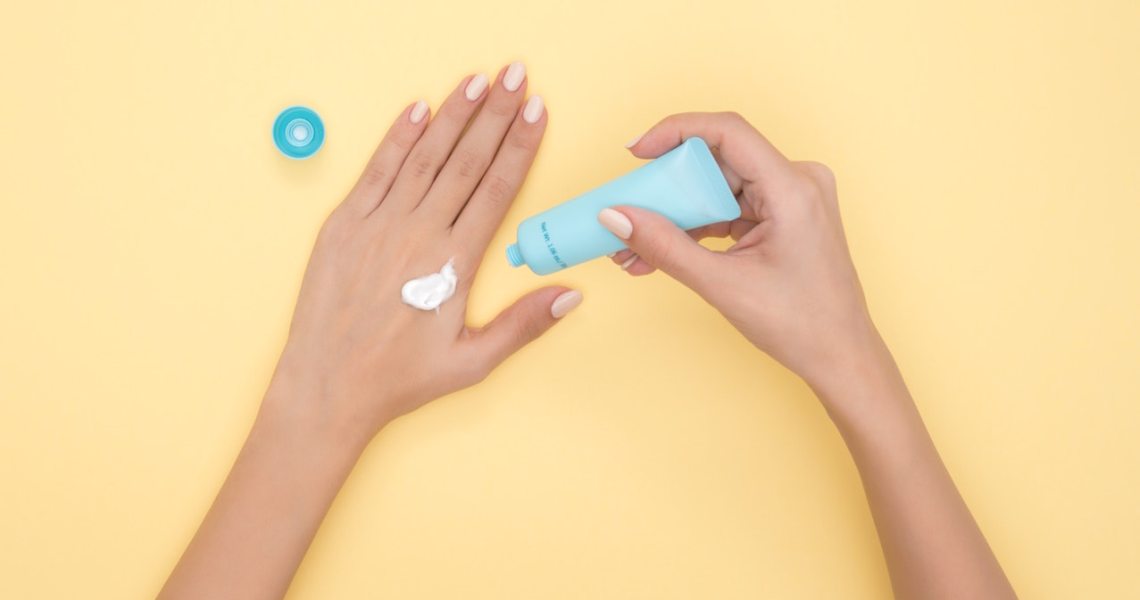Although the sustainability conversation within beauty is becoming louder, there is still a lack of transparency around standards and methods.
Eco-conscious decisions start with ingredient sourcing and production, followed by packaging and shipping, before ending with post-consumer solutions such as recycling. Suffice it to say, the path to better sustainability is uncharted, leaving room for exploitation, obfuscation and mistakes by brands.
Glossy spoke with an environmentally friendly brand founder about just how much the industry is greenwashing, how sustainability begins and what customers have to say about the issue.
What is your take on the current sustainability conversation?
There is greenwashing in every corner of the industry. The areas where there are huge problems are areas that people don’t see. They don’t see the supply chain to make the products and then what happens after a product is used. The consumer is not thinking about that, so brands have carte blanche to do whatever they want, and most of the time, it means doing the least expensive thing. When brands talk about expense, people are always talking about immediate costs. We like to talk about the total lifetime costs. As in, what is the damage to the planet using a plastic cap that’s going to last 25,000 years?
What is a greenwashing example?
Generally speaking, carbon-offsetting partners allow you to invest in different things; it could be clean energy, it could be planting trees, and it could be building schools and protecting indigenous communities. People need to see a metric, so trees is the standard — i.e., We plant a tree for every gallon of product sold. We’ve worked with Carbon Fund before where they do a lot of stuff in South America, and we also work with Carbon Offsets to Alleviate Poverty. But ultimately, carbon offsetting is a Band-Aid to solving the environmental crisis.
What are the most challenging areas you’ve had to navigate in order to be eco-friendly?
We try to source locally, but ingredient sourcing in the industry is just an environmental nightmare. People’s supply chains are so dumb. Industrywide, to process an ingredient, it could get shipped to a place like Singapore before getting shipped to Canada. Shipping and fulfillment centers are a big issue, too. We went to so many different fulfillment centers, and we said we could only use paper, not plastic. We went with EasyPost, and we said, ‘Do not use plastic and only use paper tape.’ But they used plastic anyway. We took our fulfillment back in-house and were filling orders out of our basement. It was a mess.
It’s also so hard to get sustainable packaging because it isn’t off the shelf, and no one makes post-consumer recycled plastic caps. Manufacturers will discourage you from post-consumer recycled plastic, because it’s imperfect; you can’t really tell, but the plastic will be cloudy in appearance. And there are psychological tricks, where something might be recyclable or natural like aluminum and wood, but there’s plastic inside, so you think it’s good but then you can’t recycle it.
Are customers receptive to your sustainable messaging?
As soon as you start saying, ‘Hey, we’re championing the environment,’ you are a target. You get hit from all sides with people accusing you of marketing. It’s OK, though, because it pushes us. We weren’t sure if people were ready for glass bottles, and people were hitting us up [for them] on social media, so we thought, “If the recycled plastic isn’t good enough, then let’s try glass.” So our products have been sold in recycled plastic, glass and aluminum, and they all have their benefits and drawbacks.
So consumers care if you are environmentally friendly, but are they willing to pay for it?
What we’ve realized is that if you lead with doom and gloom, it turns people off. Ethically there are a lot of issues, because that can be a scare tactic. We don’t approach it that way. You can approach a lot of environmental challenges with positivity. What leads people to buy our products is the quality of the product followed by branding, then environmental stuff. We spend so much money and so much time thinking about the environmental stuff, but when we talk to people about the brand, we start by talking about the formula. We’re not used to sacrificing comfort in the good ol’ United States, and the whole industry is based on convenience and comfort.




